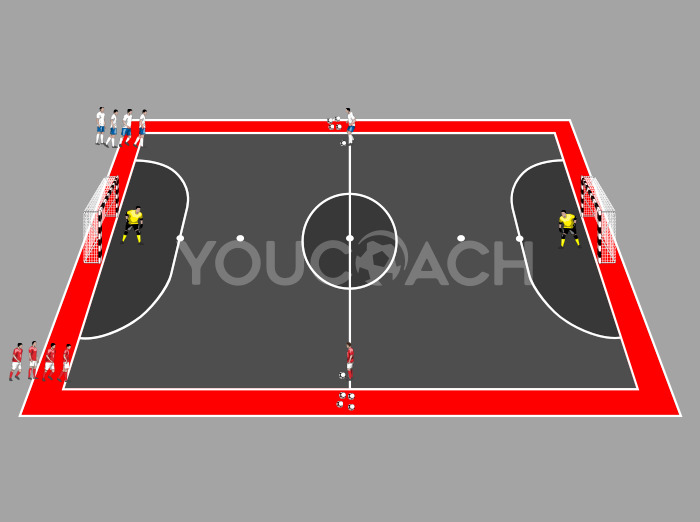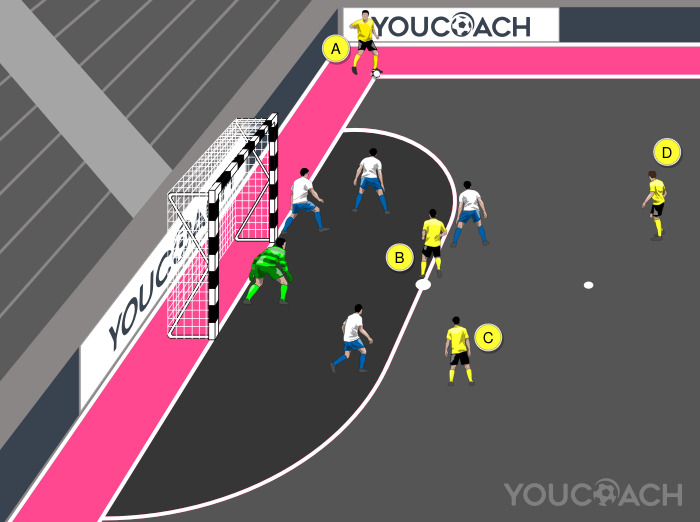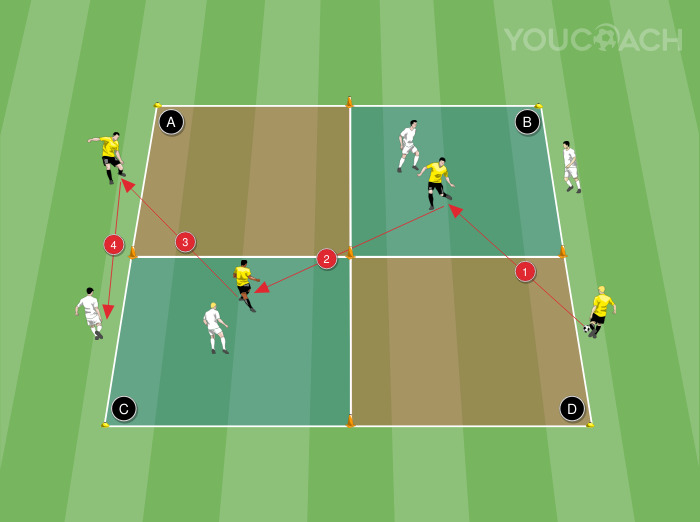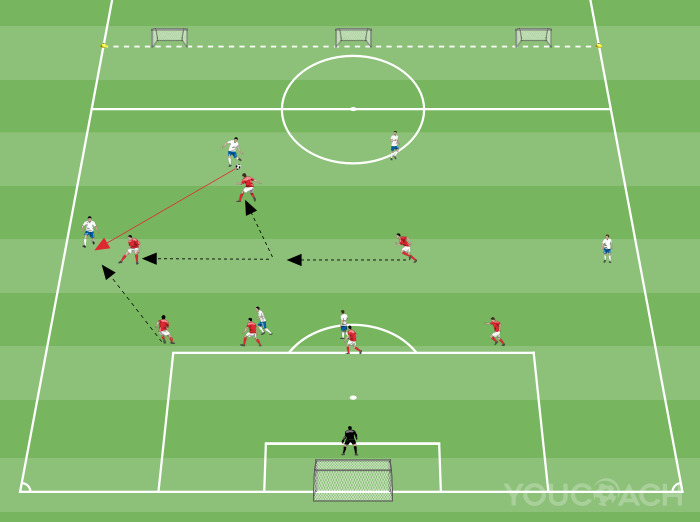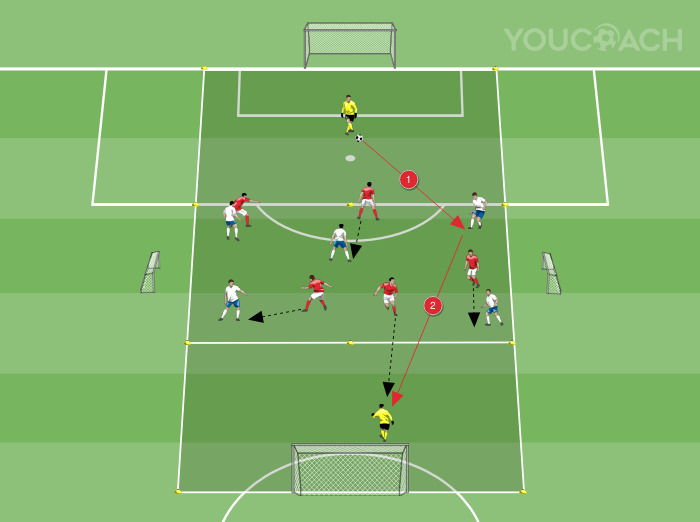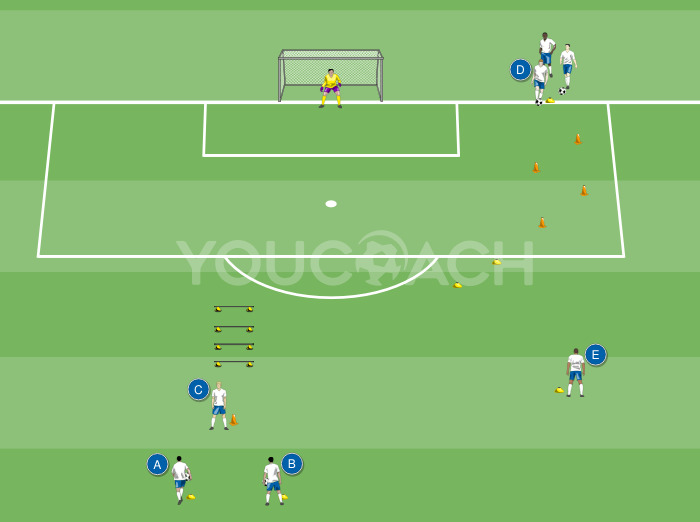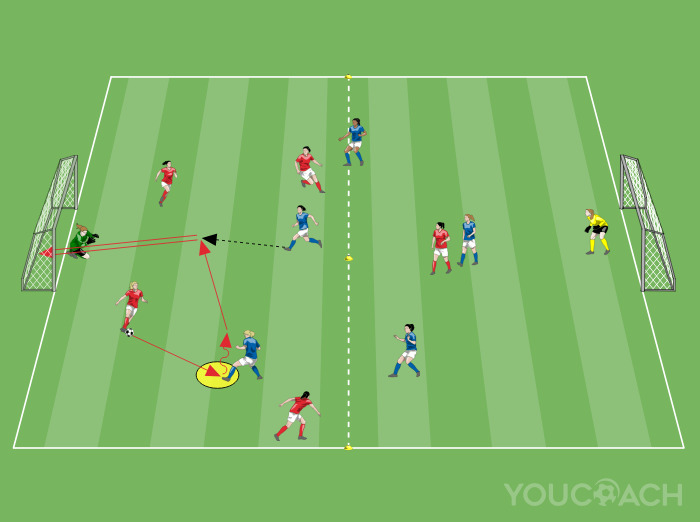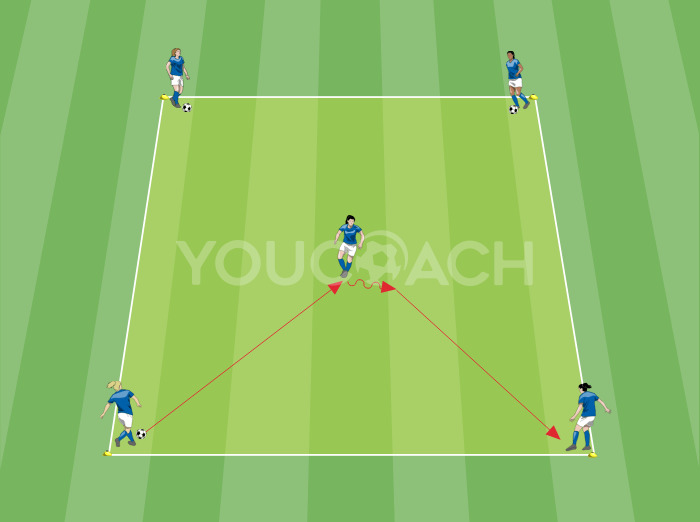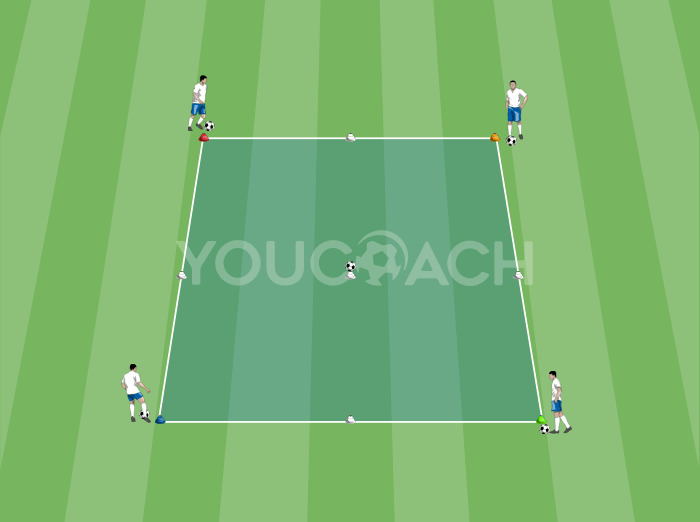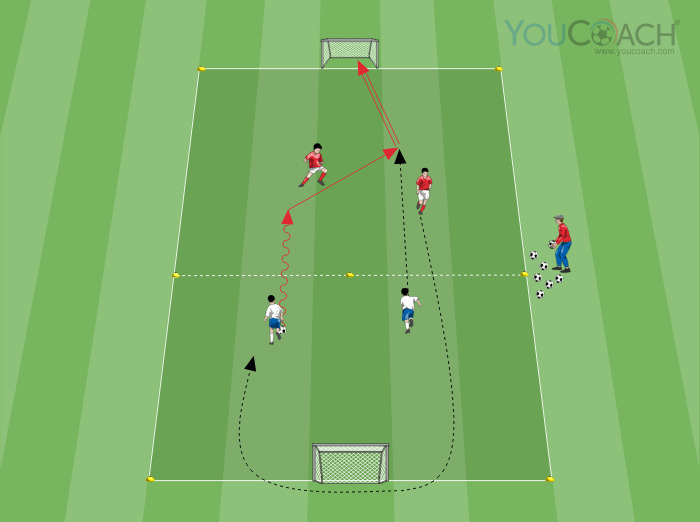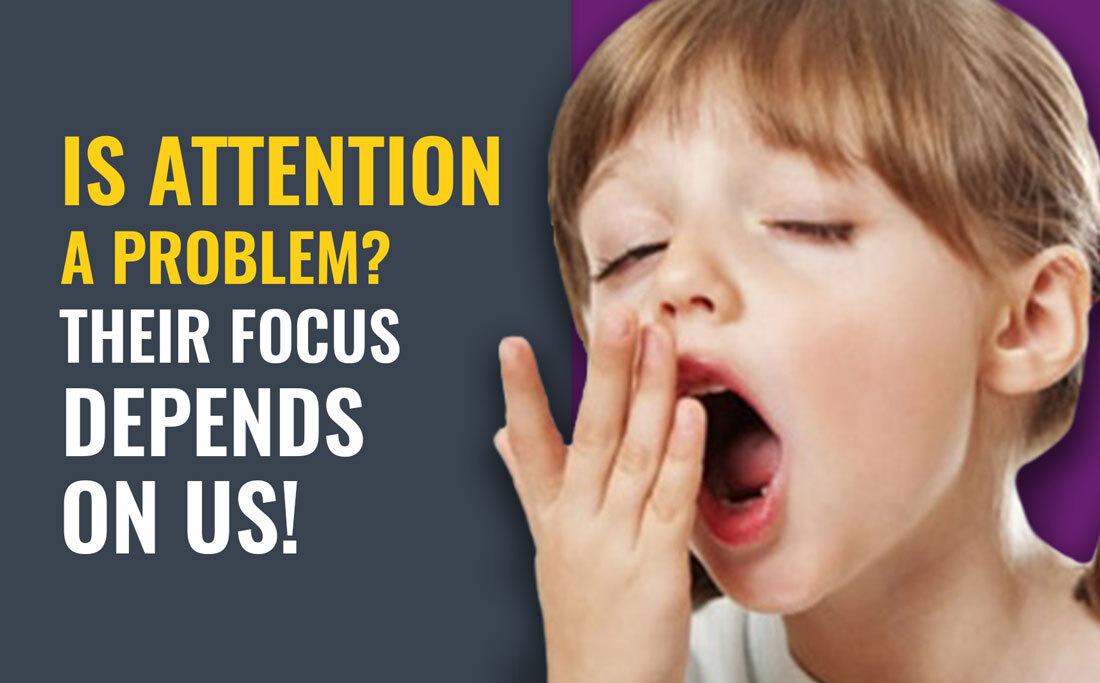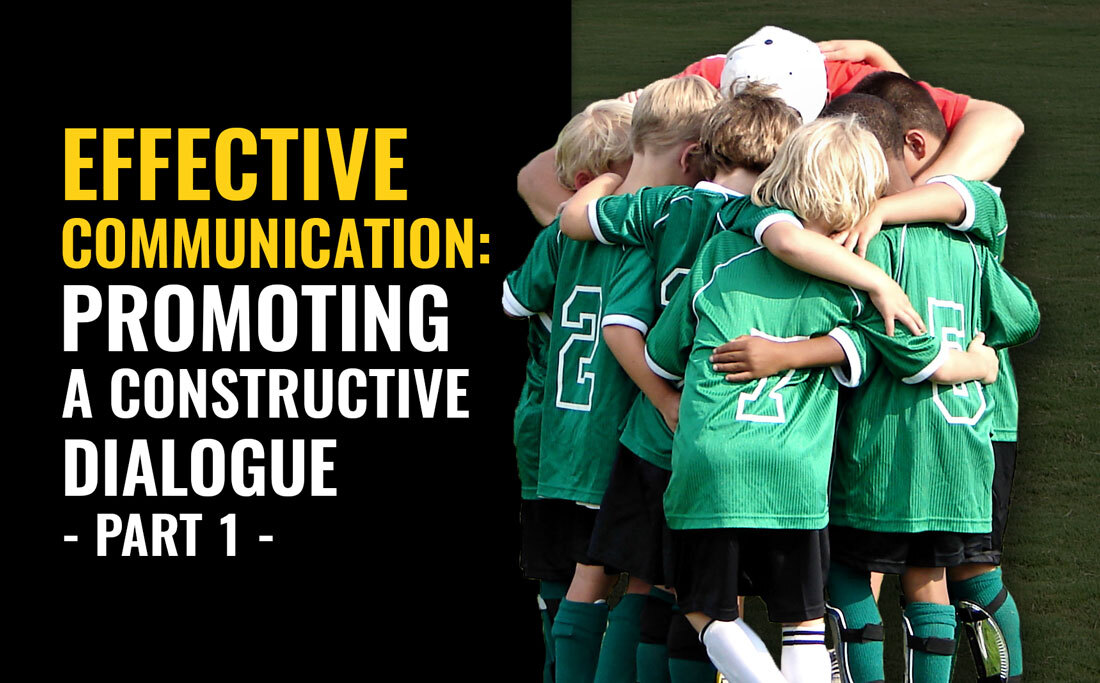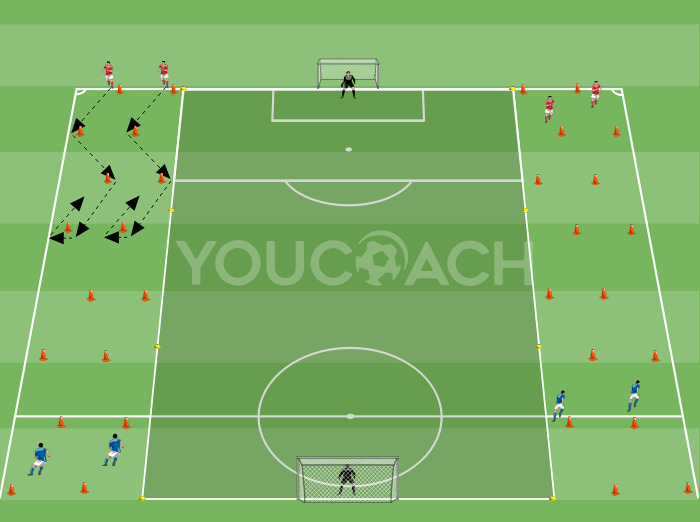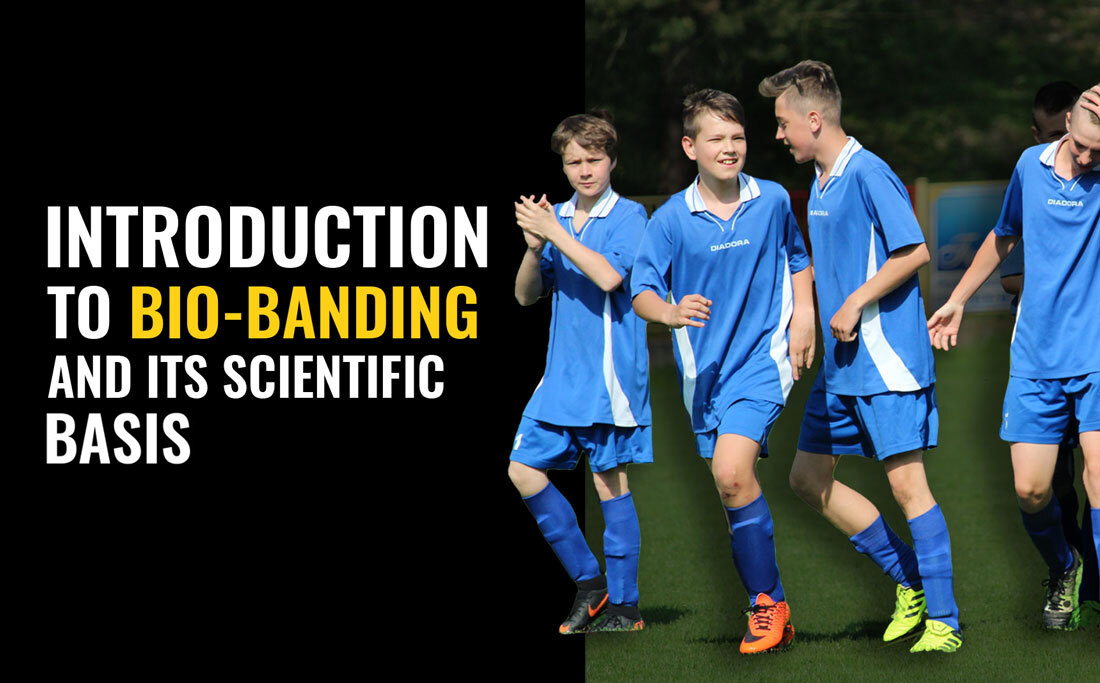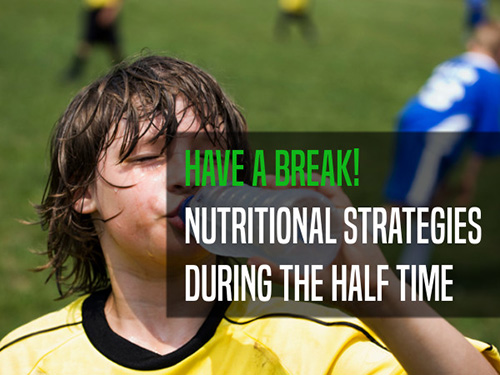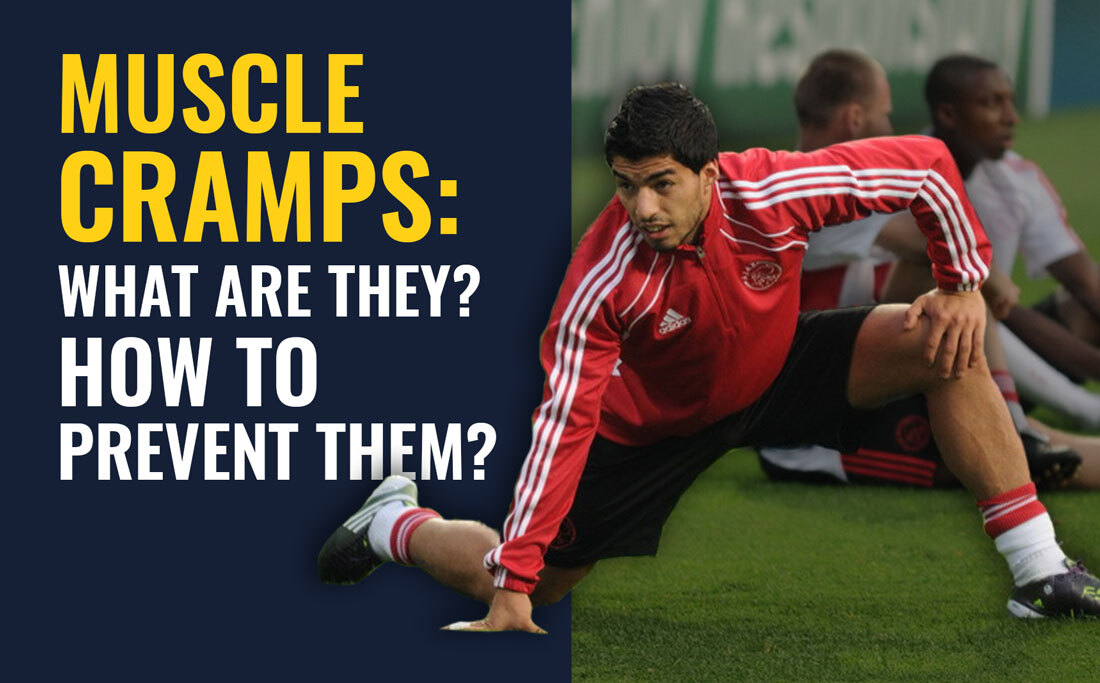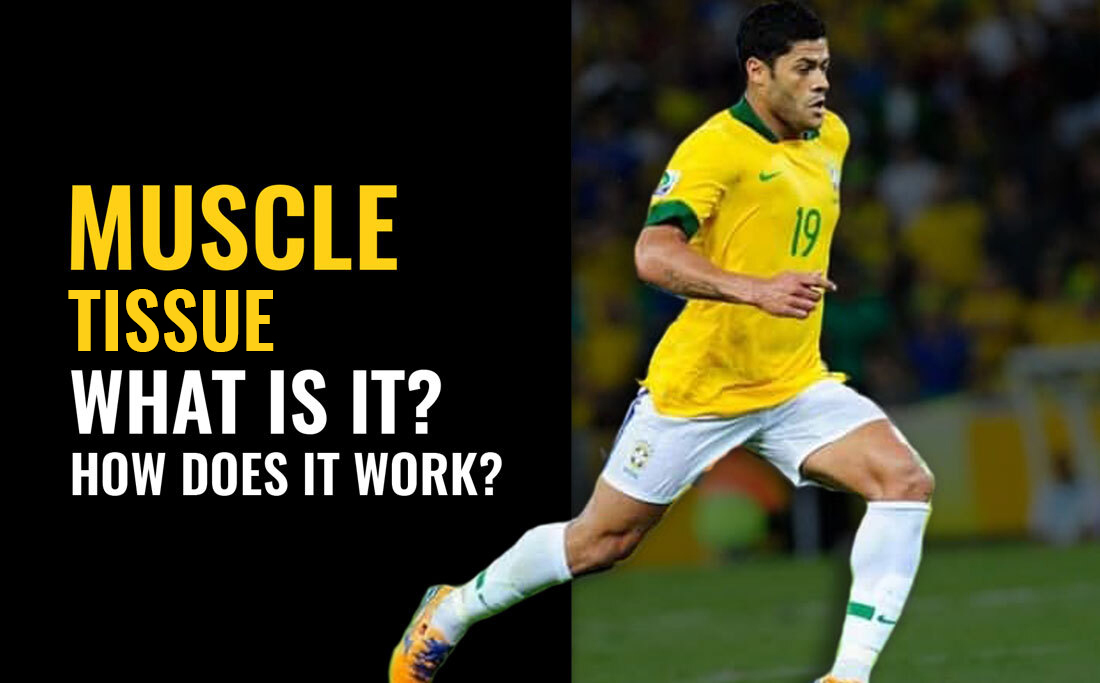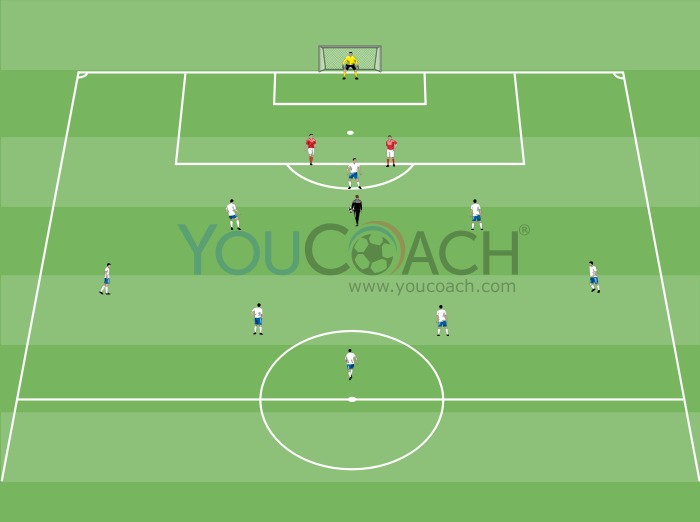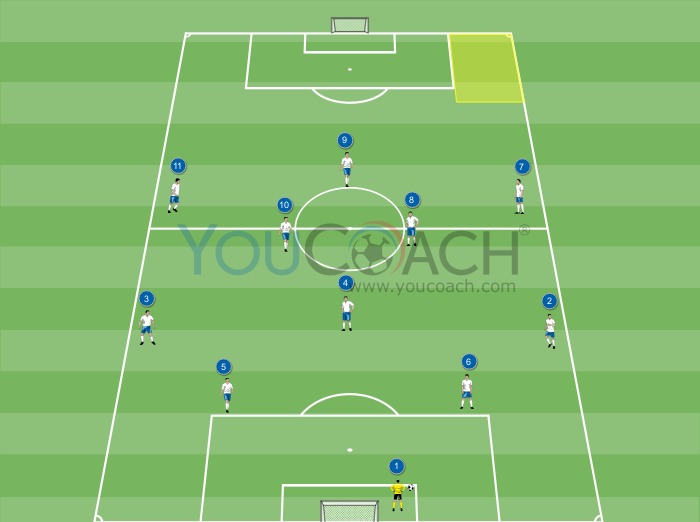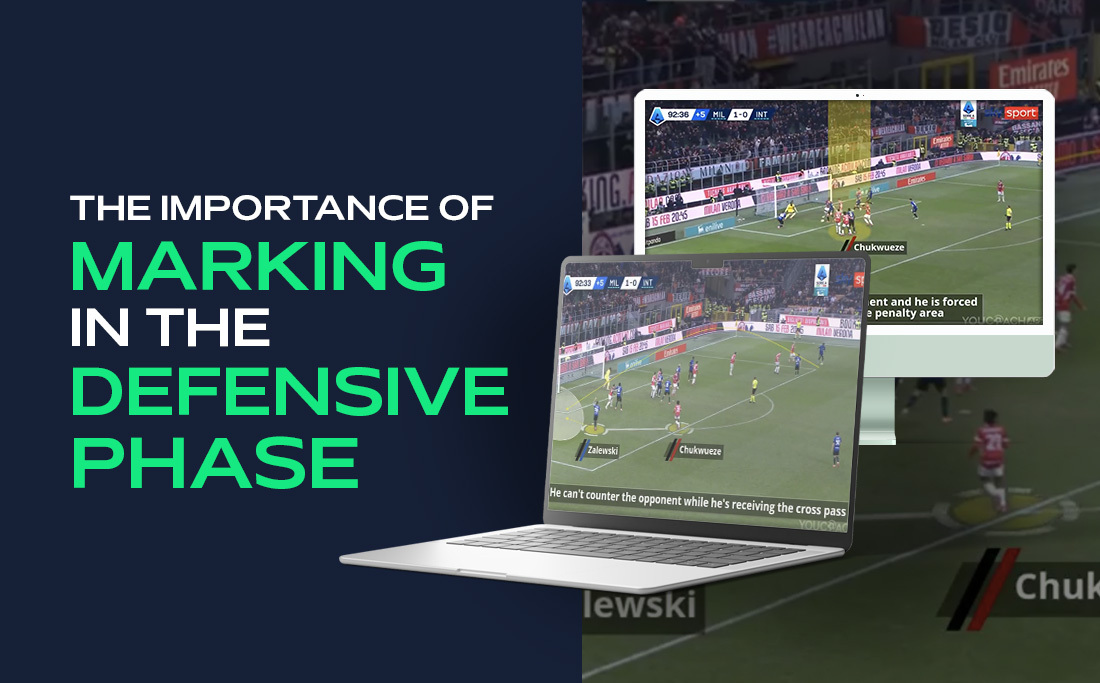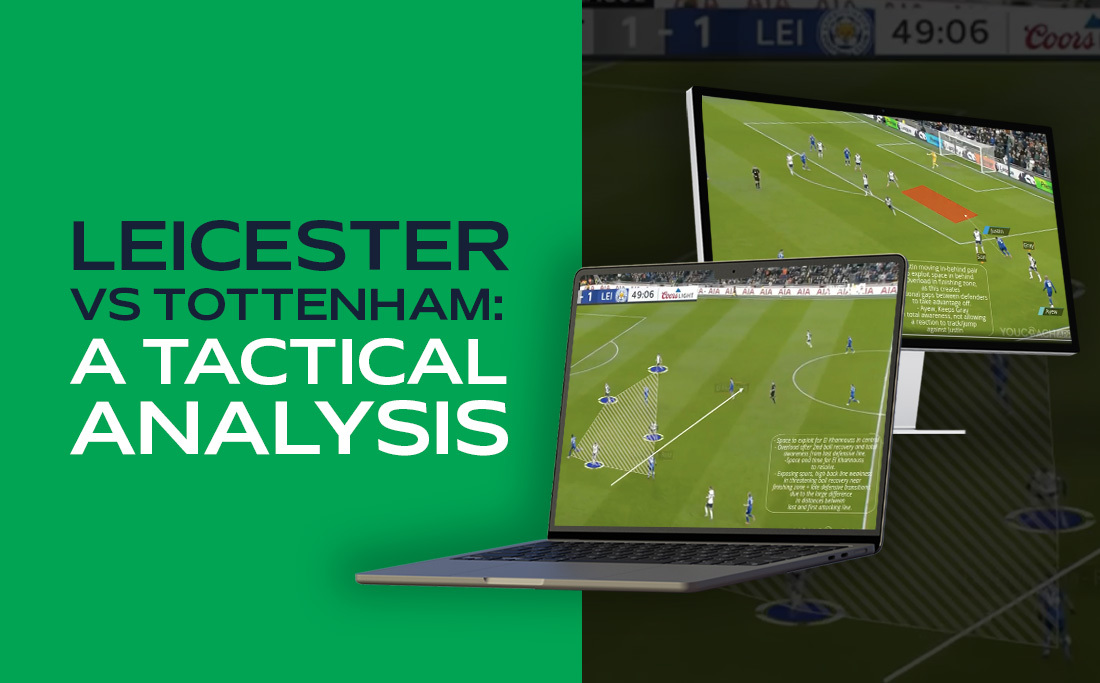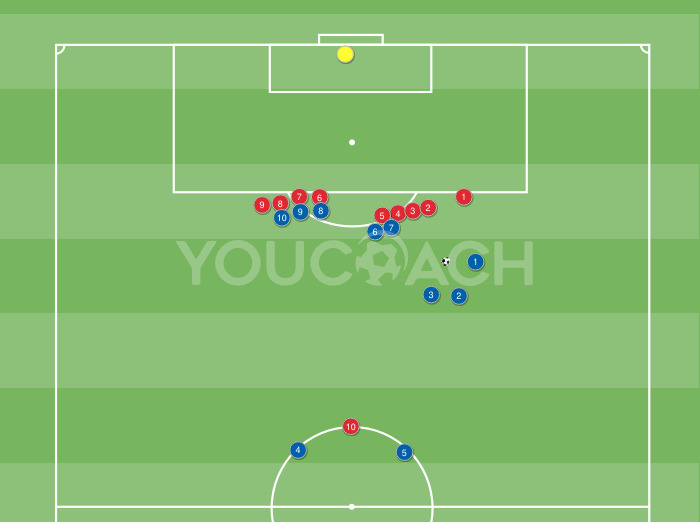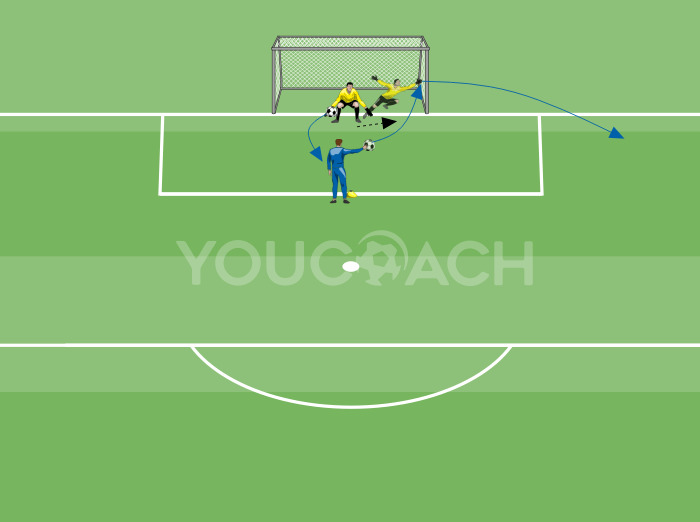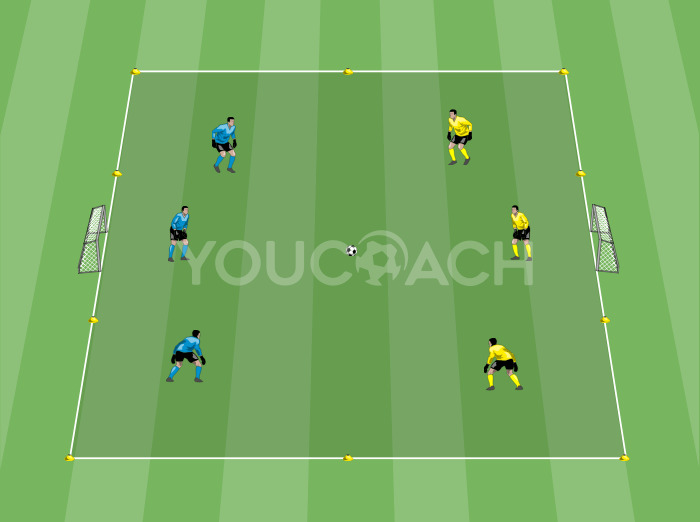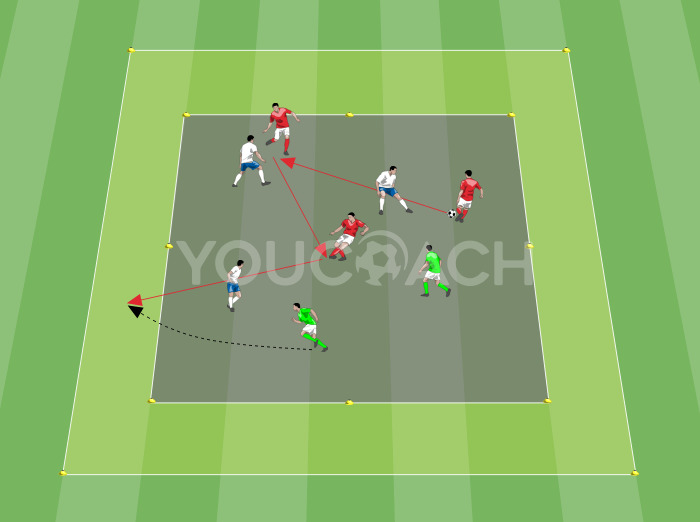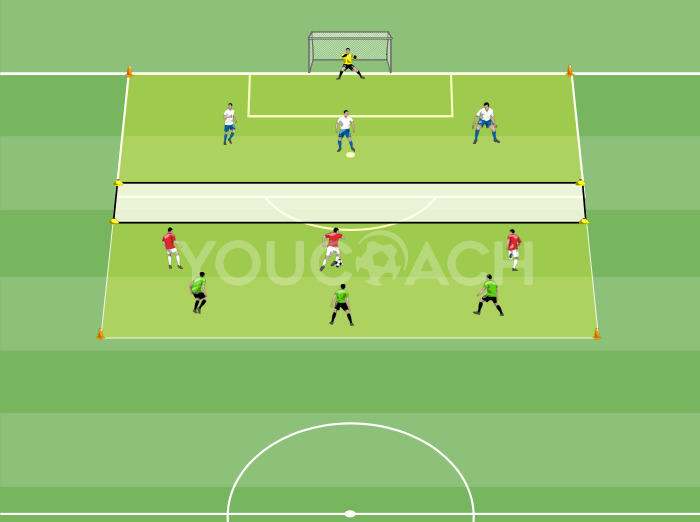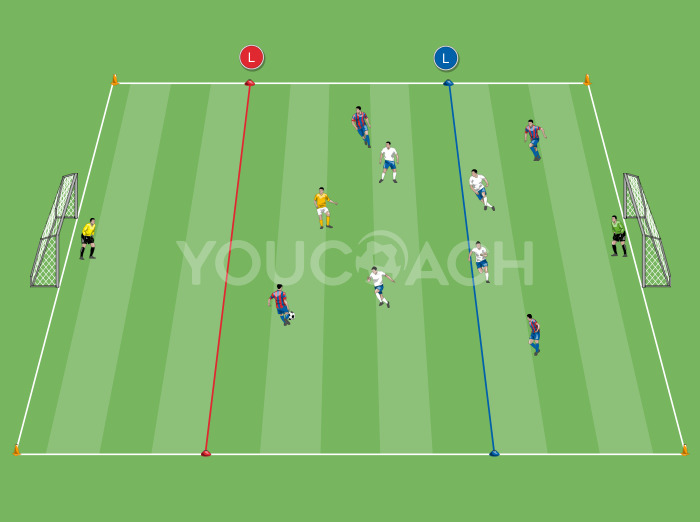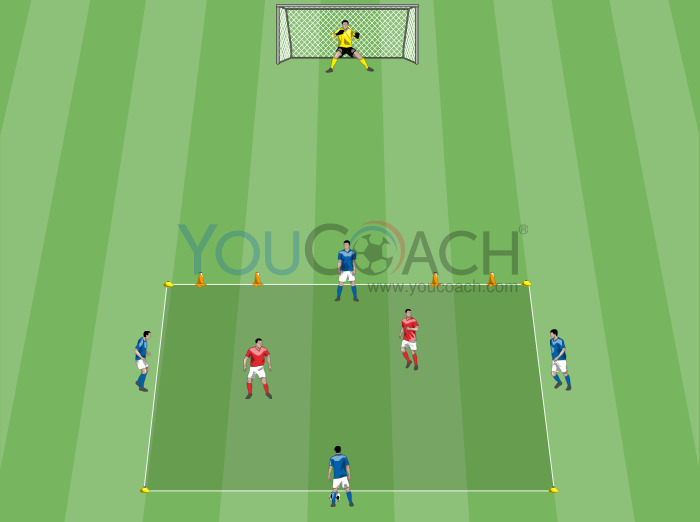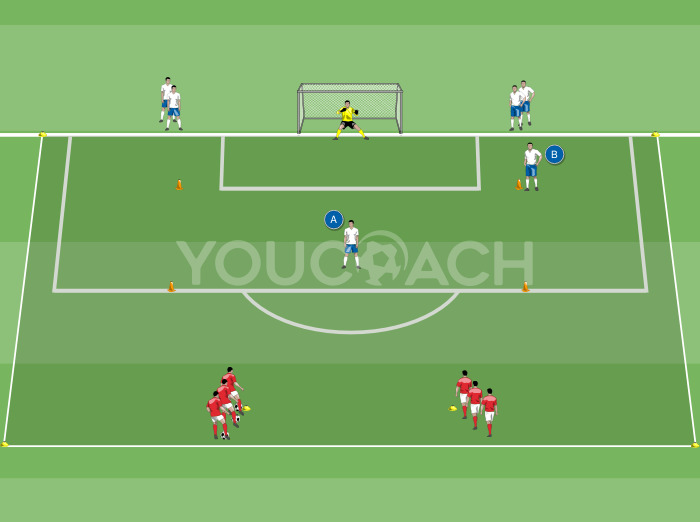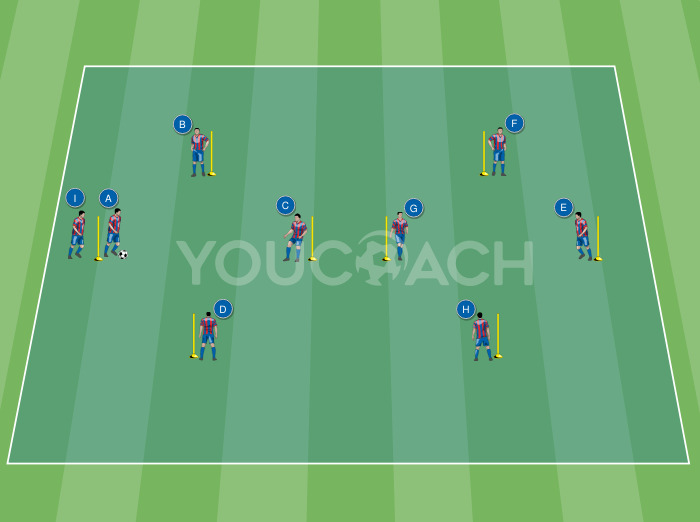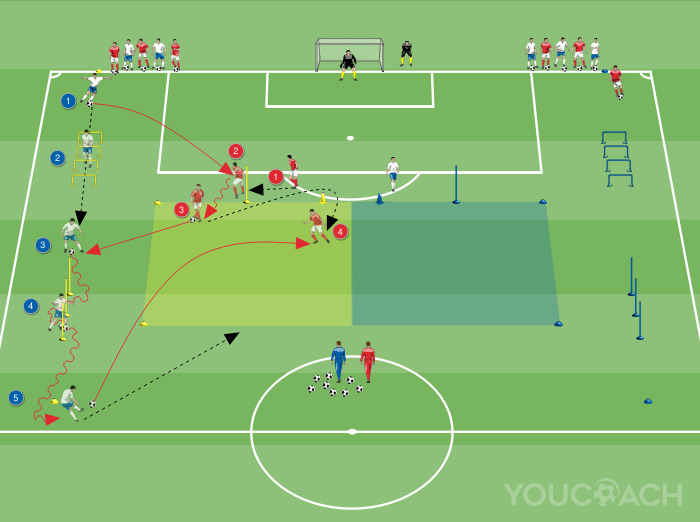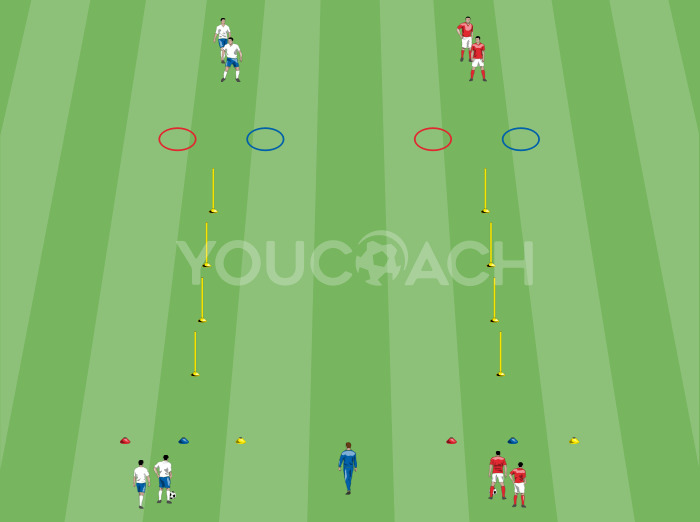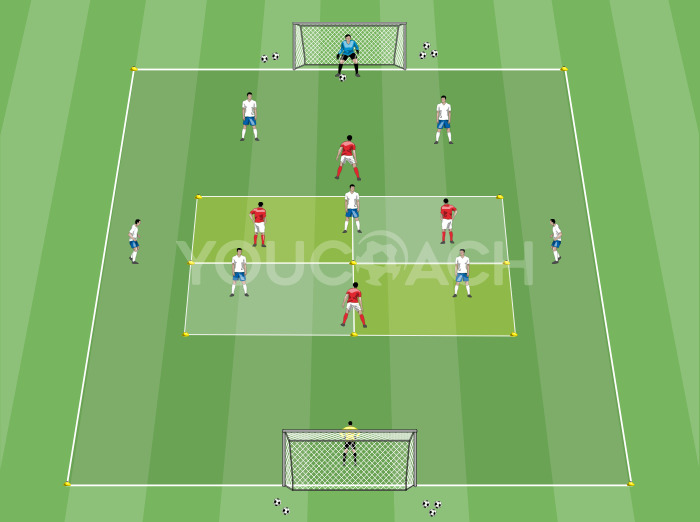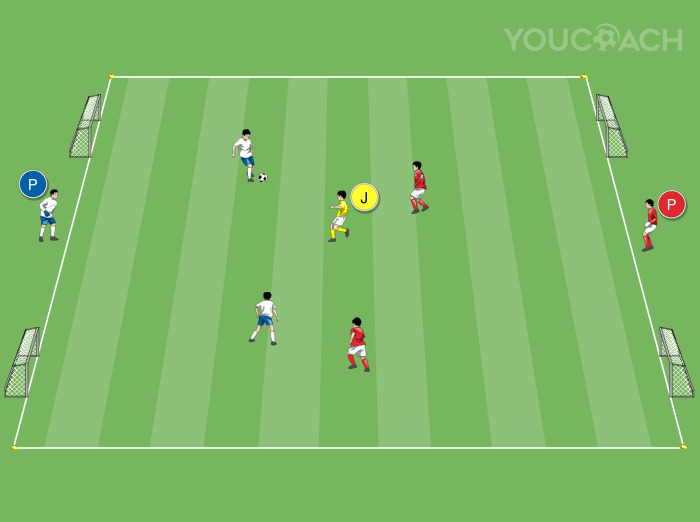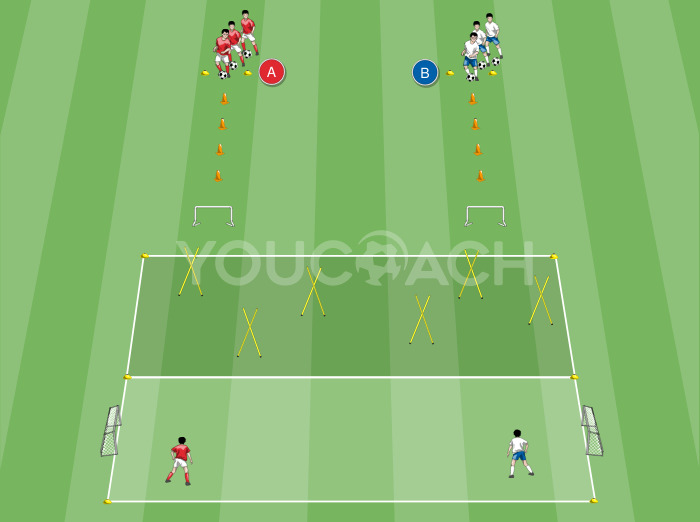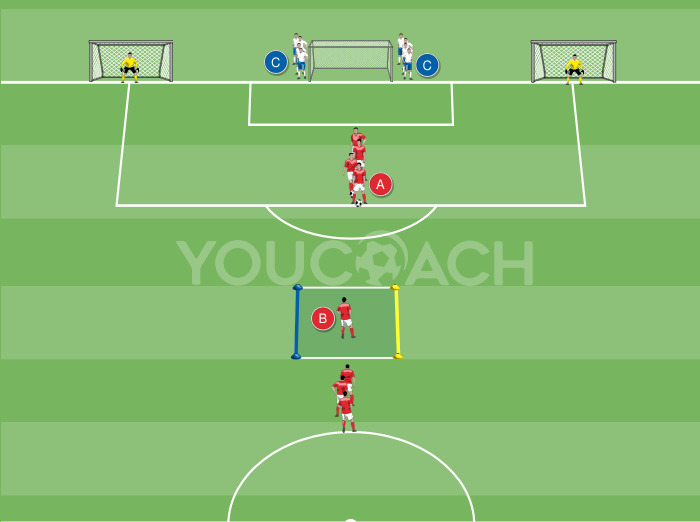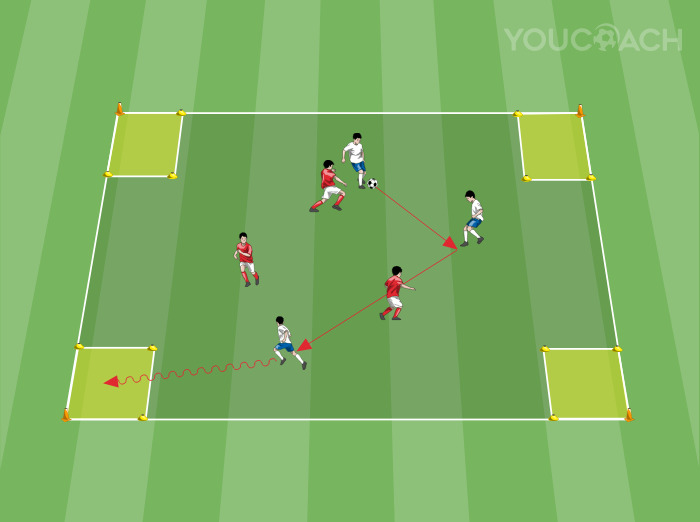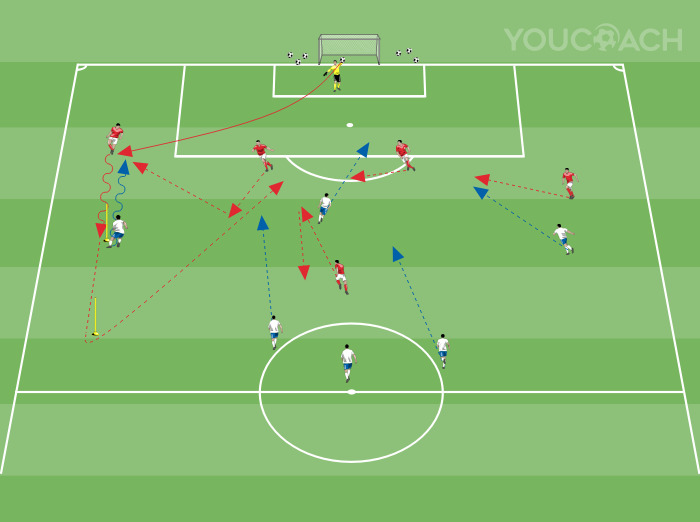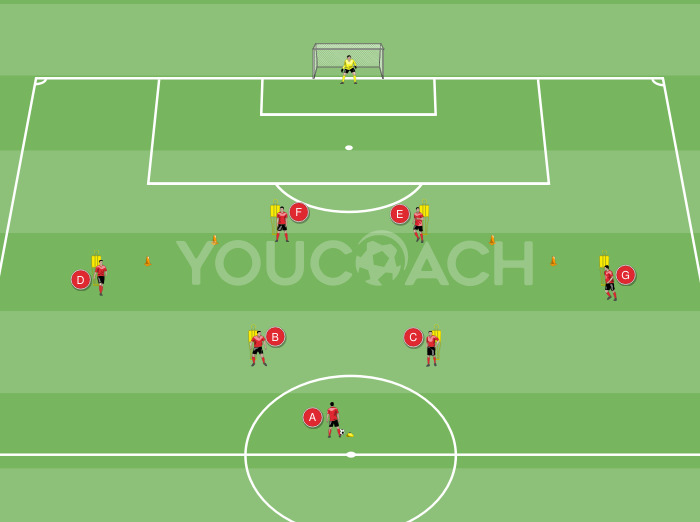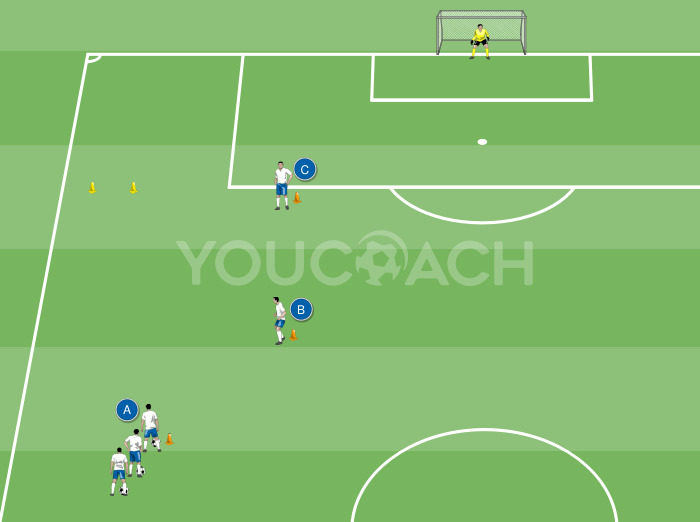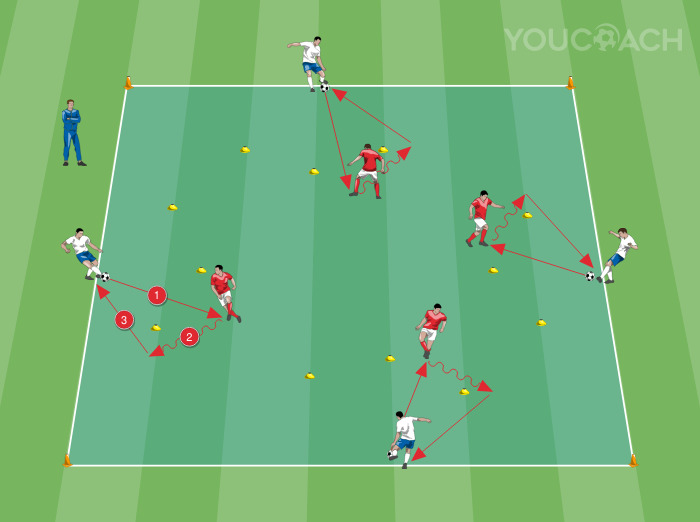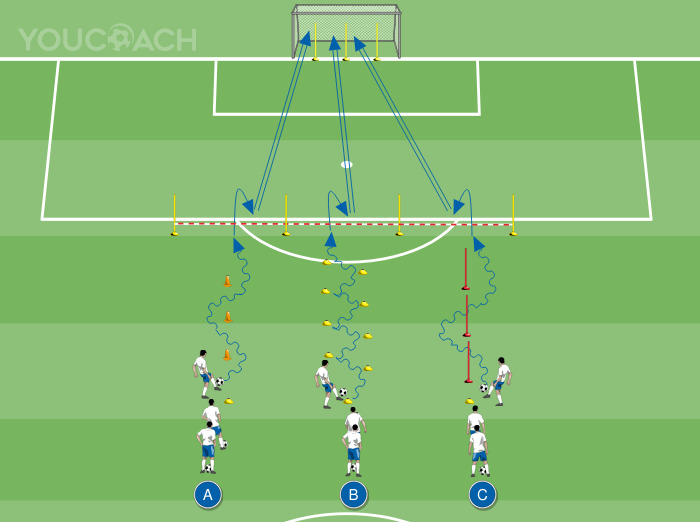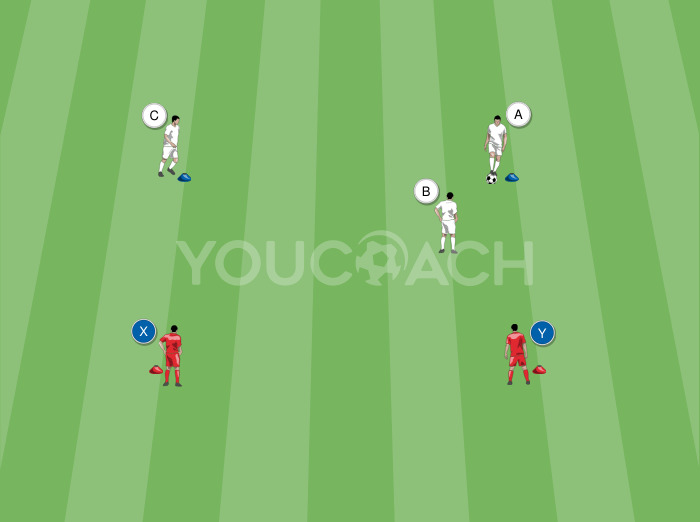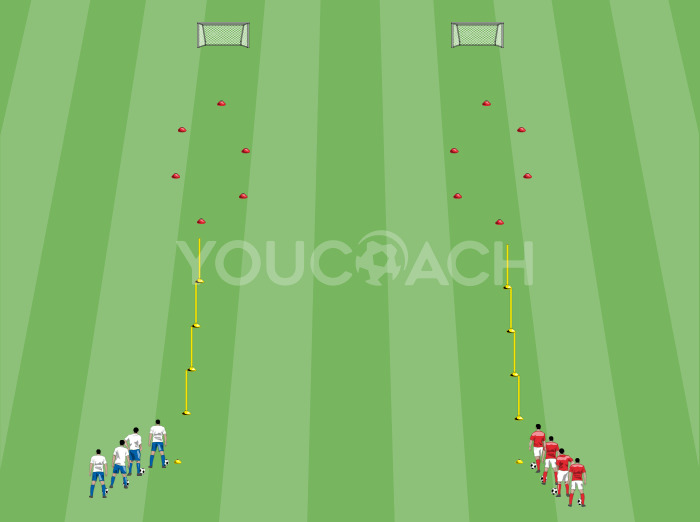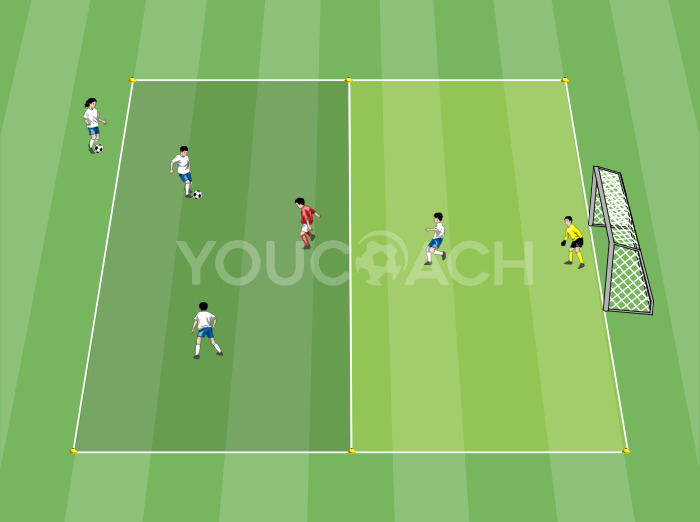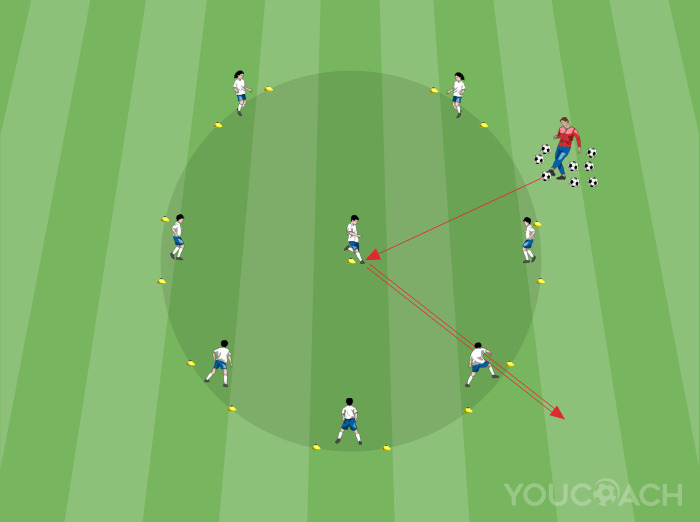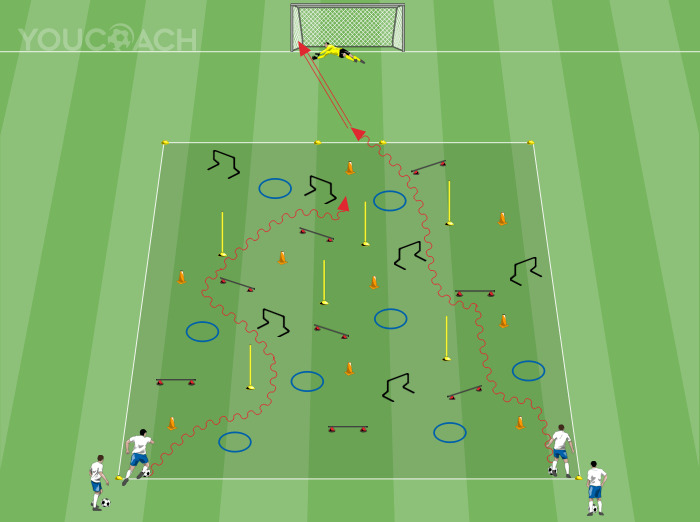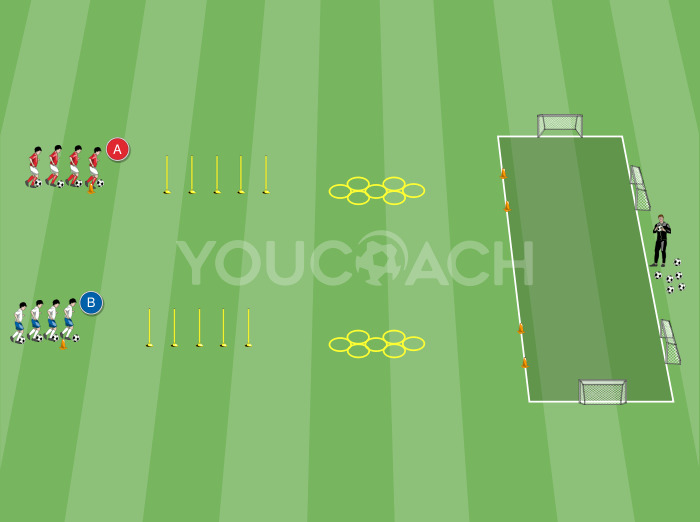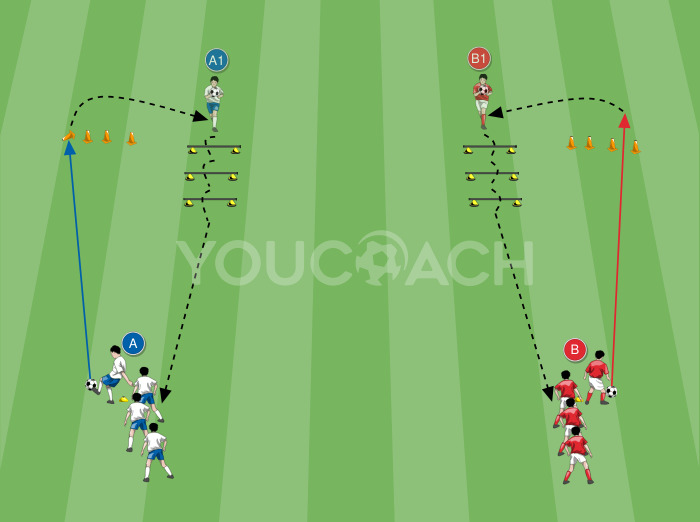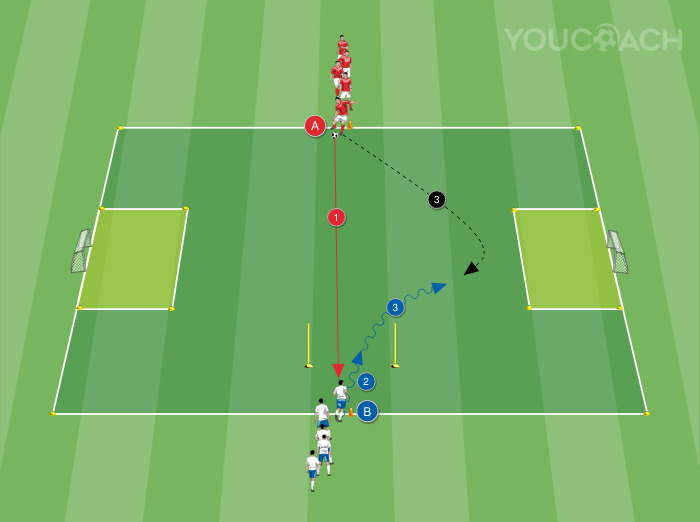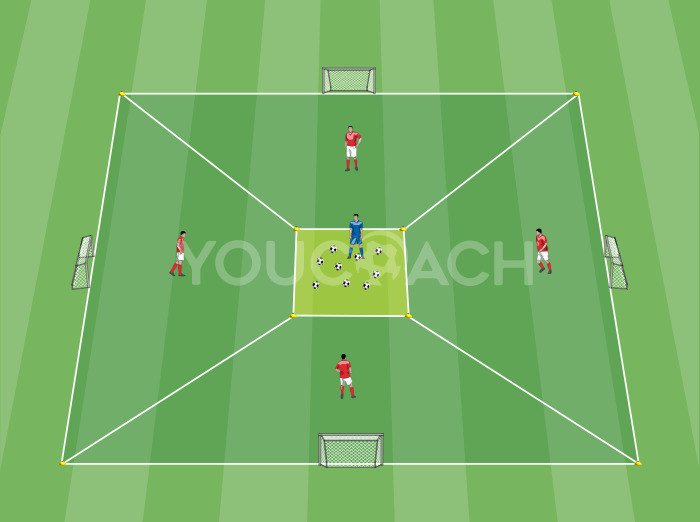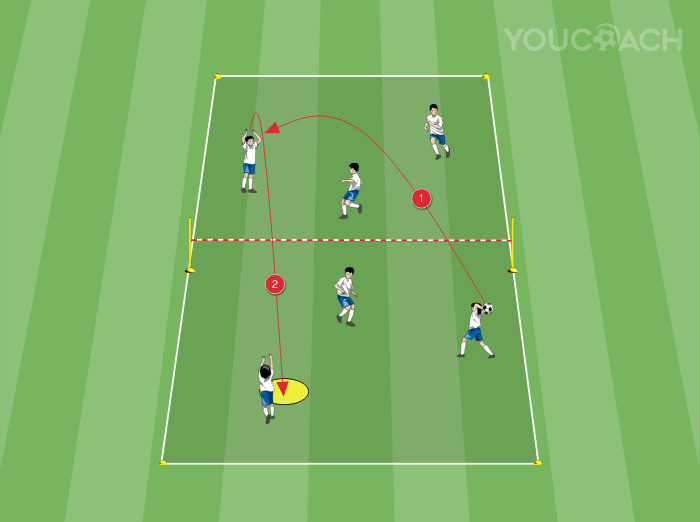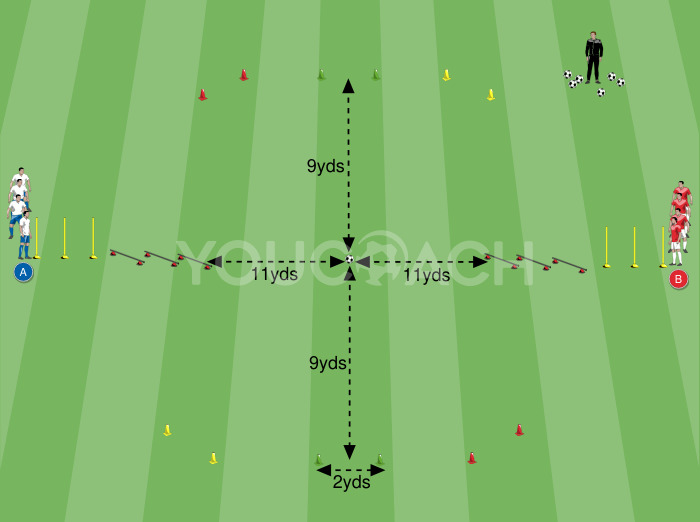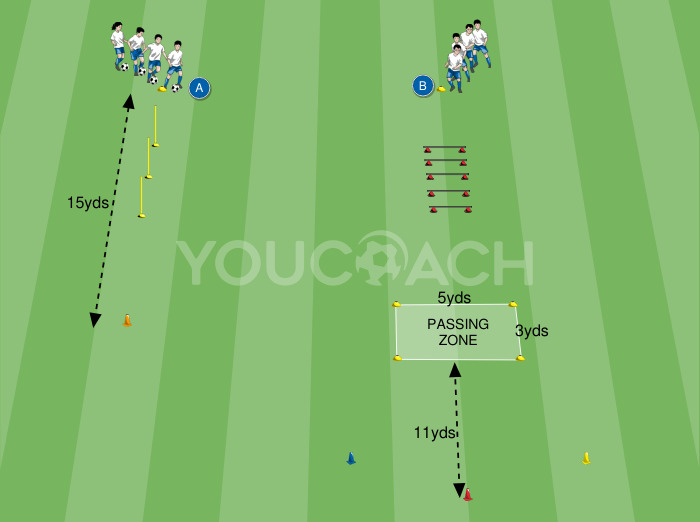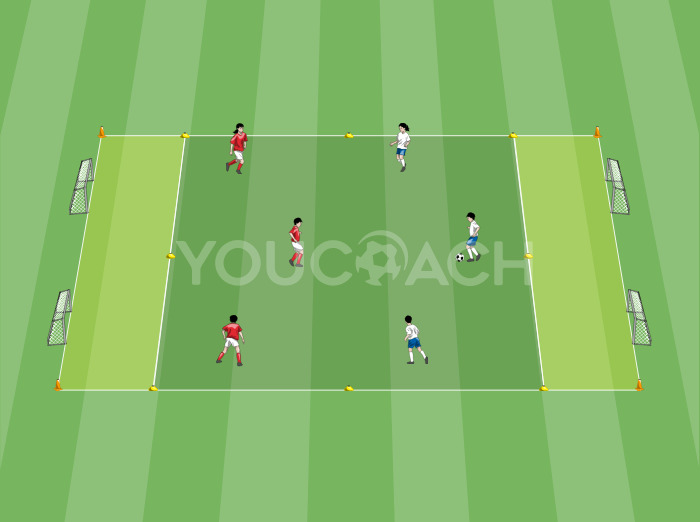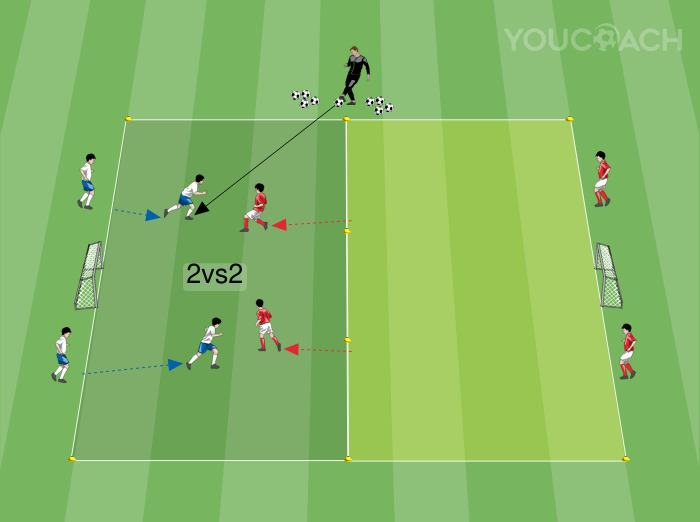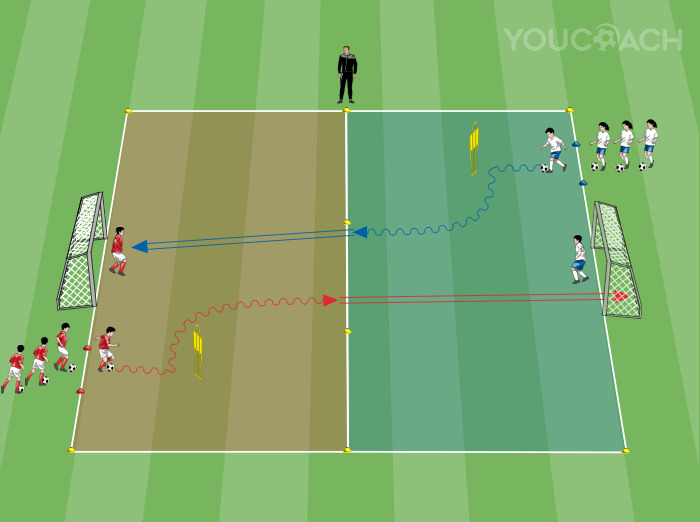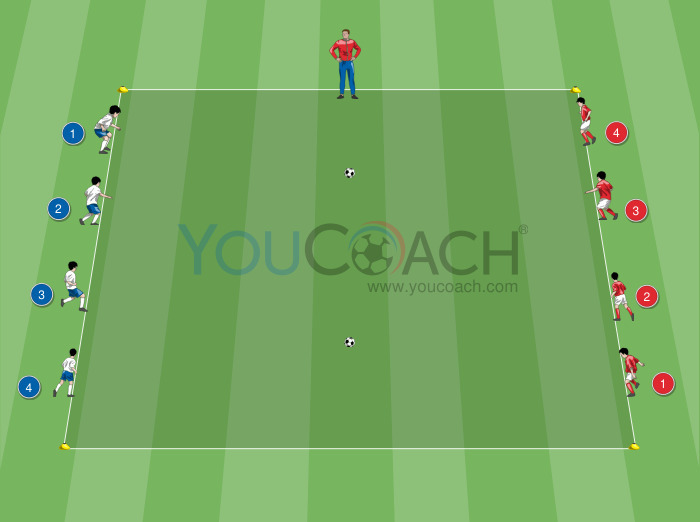Young personalities grow up
Goal
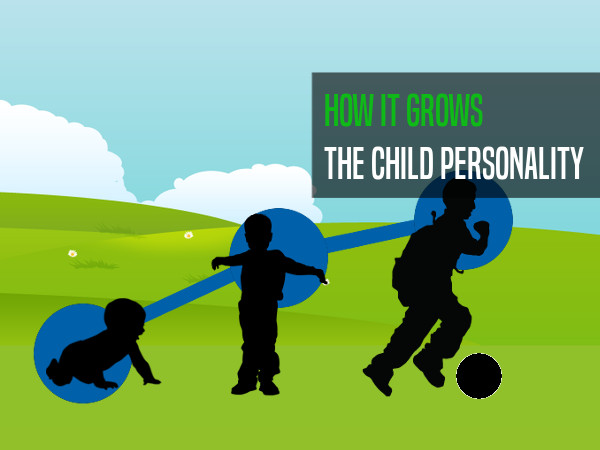
|
Knowledge and respect of the different stages of development can help fostering learning processes and motivation |
We are born as pure instinct: if we are hungry we scream like crazy to get food for survival, when we are sleepy we fall asleep unceremoniously anywhere...
But life teaches us very soon that things are much more complex than that and we must learn them. It takes more than instinct, we need to be stimulated and motivated to acquire new skills so that our life can be something more than mere survival.
 Childhood and adolescence are the developmental stages in which personality developments make a person a unique person. Personality development is a complex process resulting from several interrelated elements: Cognitive abilities such as our intelligence, attention, and memory interact with our ability to relate to other people or properly manage our emotions, achieving step by step the adult personality.
Childhood and adolescence are the developmental stages in which personality developments make a person a unique person. Personality development is a complex process resulting from several interrelated elements: Cognitive abilities such as our intelligence, attention, and memory interact with our ability to relate to other people or properly manage our emotions, achieving step by step the adult personality.Main theories state that:
- Development occurs in different stages
- Children go through each stage successively
- Each stage allows learning new skills: mental, emotional and social skills.
When a child is practising a sport, he actually is acquiring a variety of stimuli that will develop his skills making him an adult distinctive. He does so by learning a new exercise, listening to his coach explaining a move, interacting with his teammates, respecting the opponent or trying to handle defeat..... All of this will improve his ability to understand, interpret, interact, create and live in his own context with increasing engagement, courage and competence
Still, in order to do that he will need someone who stimulates his abilities correctly, that is, in accordance with what he is able to do in each specific stage of his development. And that’s because we are not born with well established skills but we need to acquire them in our life step by step going through successive developmental stages.

If I ask a 10 year old child to imagine a hypothetical move without explaining it with a practical example I should not be surprised if he will find it difficult to put it into practice, because he has not yet attained deductive reasoning abilities; If I ask a child aged 5 to pay prolonged attention to a boring exercise I should not be surprised if he loses attention after a few minutes and looks for something else to have fun: he doesn’t resent me, it’s just because he hasn’t yet fully developed his attention ability.
Each developmental stage needs specific encouragements to properly enrich the athlete’s skills. If I ask him to do something he is not yet ready to do, I’ll cause a sense of frustration that is difficult to overcome. At the same time, if I don’t respect the features of his developmental stage and make too simple requests I may risk discouraging him.
If I respect the athlete’s developmental stage and offer proper encouragement, correct language and emotions he is able to cope with, I’ll help him to develop a well balanced personality and express it at his best. Coaching this way is much more pleasant, for it makes it possible to avoid resistance and work on the real skills of these young, growing personalities...


